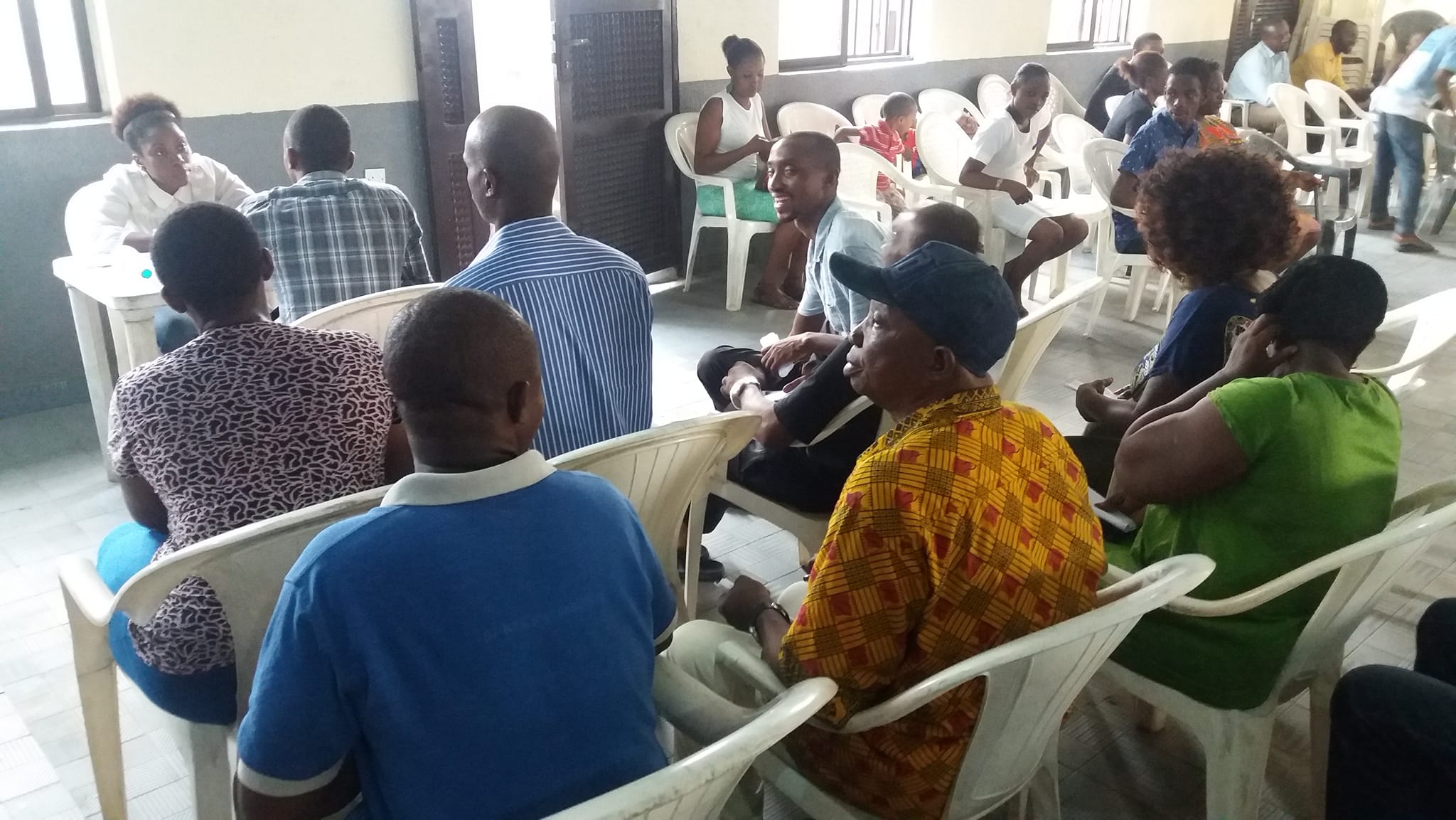THE IMPORTANCE OF HEALTH EDUCATION AND AWARENESS
Health education and awareness are cornerstones of improving public health and fostering healthier communities. By empowering individuals with knowledge, we can prevent diseases, promote wellness, and enhance the quality of life for all. In this post, we’ll delve into why health education is essential, explore its benefits, and highlight effective strategies for raising awareness.
Why Health Education Matters
Health education provides people with the information they need to make informed decisions about their health. It covers a broad spectrum, from nutrition and physical activity to disease prevention and management. Here are key reasons why health education is crucial:
1. Prevention of Diseases: Knowledge about how diseases spread and how to prevent them can significantly reduce the incidence of illnesses. For example, educating communities about hygiene practices, vaccination, and safe drinking water can prevent outbreaks of infectious diseases.
2. Promoting Healthy Lifestyles: Health education encourages people to adopt healthier lifestyles. Understanding the importance of a balanced diet, regular exercise, and avoiding harmful habits like smoking and excessive drinking can lead to better long-term health outcomes.
3. Early Detection and Management: Awareness campaigns about symptoms and early signs of diseases like cancer, diabetes, and hypertension can lead to earlier diagnosis and treatment, improving survival rates and quality of life.
4. Empowering Communities: Education empowers individuals to take control of their health. When communities are well-informed, they are better equipped to advocate for their health needs and seek out necessary services.
5. Reducing Healthcare Costs: Preventive health education can reduce the burden on healthcare systems by decreasing the number of people who need medical treatment for preventable conditions.
Benefits of Health Education
The impact of health education extends far beyond individual health. It has broader social and economic benefits, including:
- Enhanced Public Health: A well-informed public can contribute to overall societal well-being by reducing the spread of diseases and improving general health standards.
- Economic Savings: Preventing disease and promoting health can lead to significant savings in healthcare costs, both for individuals and for governments.
- Improved Productivity: Healthy individuals are more productive, leading to better outcomes at work and in daily life.
- Social Equity: Health education can bridge gaps in health disparities by providing all segments of society with the knowledge they need to stay healthy.
Effective Strategies for Health Education and Awareness
To maximize the impact of health education, it’s essential to use effective strategies tailored to the target audience. Here are some proven methods:
1. Community Outreach Programs: Organizing workshops, seminars, and health fairs in local communities can directly engage people and provide valuable information in an accessible format.
2. School-Based Education: Implementing health education in school curricula ensures that children learn healthy habits early, which they can carry into adulthood.
3. Media Campaigns: Utilizing television, radio, social media, and print media can reach a broad audience and reinforce health messages. Creative and relatable content can increase engagement and retention of information.
4. Partnerships with Local Organizations: Collaborating with local NGOs, religious institutions, and community leaders can enhance trust and credibility, making health messages more effective.
5. Interactive and Engaging Materials: Using infographics, videos, and interactive activities can make health education more engaging and easier to understand.
Conclusion
Health education and awareness are pivotal in building healthier communities and reducing the burden of disease. By equipping individuals with the knowledge they need to make informed health choices, we can foster a culture of wellness and prevention. Whether through community outreach, school programs, or media campaigns, effective health education strategies can lead to a healthier, more informed, and empowered society. Let’s prioritize health education to pave the way for a brighter, healthier future for all.
Bring to the table win-win survival strategies to ensure proactive domination. At the end of the day, going forward, a new normal that has evolved from generation X is on the runway heading towards a streamlined cloud solution.



